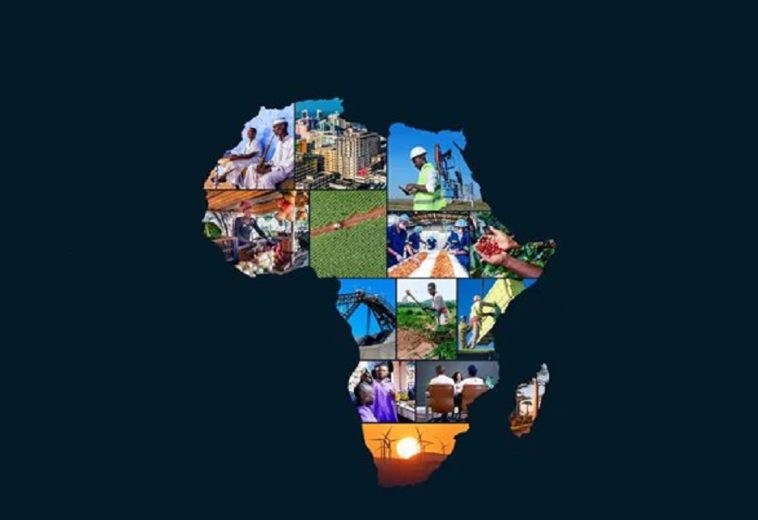Modern-day slavery disguised as sports must come to an end. For years, African athletes have been victims of exploitative and unethical practices by sports institutions and individuals in the West.
It is estimated that over 15,000 minors are smuggled into Europe annually, lured by the false promise of becoming professional football players. In the UK alone, more than 2,000 children have reportedly been trafficked for football, though the true figure is likely much higher.
The UK’s All-Party Parliamentary Group on Sport, Modern Slavery, and Human Rights published an Interim Report in 2019, highlighting human rights abuses in sports. The report identified health and safety, working conditions, wages, forced labour, and child labour as high-risk areas within sports supply chains. It also emphasised that “all national and international sporting federations domiciled in the UK should ensure that the rights of children are central to their due diligence processes.”
The recent controversy between Nigerian international Victor Osimhen and Italian club Napoli has reignited interest in this issue. Many prominent African footballers have fallen victim to the unethical practices of major Western clubs, particularly in Europe.
These practices include unethical transfer dealings, exploitative contracts, and inhospitable playing conditions, among others. This fate has affected the likes of Samuel Eto’o, Yaya Touré, Pierre-Emerick Aubameyang, Emmanuel Adebayor, Sadio Mané, and now Victor Osimhen. The unscrupulous actions of European clubs have severely impacted numerous talented African players.
Some might argue that these incidents are mere coincidences. However, when a pattern emerges of world-class African footballers being subjected to such treatment, it suggests a concerted effort to undermine African talent. Rumours surrounding Victor Osimhen’s transfer saga include allegations of racial slurs, online abuse, and claims of football slavery.
Reports indicate that Napoli made efforts to frustrate Osimhen with unattainable release conditions. In 2022, Osimhen received a £75 million offer from Al Ahli, but Napoli demanded £500 million. Napoli also rejected PSG’s £150 million bid for Osimhen in 2023. In 2023, Osimhen agreed to a gentleman’s agreement with a release clause set for his departure.
PSG returned in 2024 with a £110 million offer, and personal terms were agreed upon in June. This situation took a toll on Osimhen’s mental health, but he remained resolute, despite pleas from the current coach Antonio Conte to stay.
Osimhen’s defiance led to his exclusion from the team. He later alleged that Chelsea acted unethically as they negotiated a swap deal without his consent with the hedge fund shark approach to getting him on to Chelsea. However, Chelsea legend John Obi Mikel defended the club, explaining that the timing of negotiations coincided with financial constraints and paperwork issues, which complicated the deal. Mikel emphasised the importance of relationships in such high-profile transfer negotiations and noted that both parties were committed to making the transfer happen.
Despite Chelsea’s interest, Galatasaray emerged as a more suitable option for Osimhen. He ultimately signed a season-long loan deal with the Turkish club, who agreed to pay €6 million (approximately $6.65 million) for his services during the 2024-2025 season. Before this loan, he extended his contract with Napoli until June 30, 2027.
READ ALSO: How African Youths are Illuminating the Continent
Osimhen appears content with his move to Galatasaray, vowing to give his all to the club and its supporters, who welcomed him as a true King of Africa.
It is crucial to recognise that these incidents are part of a systemic problem rather than isolated cases. The mistreatment of African footballers by European clubs raises serious questions about the integrity and ethics of the sport.
There is an urgent need to create a more equitable and just environment for African footballers, ensuring their talents are celebrated rather than exploited. It is time to end the era of modern-day slavery in football and pave the way for a brighter future for athletes from all corners of the globe.




